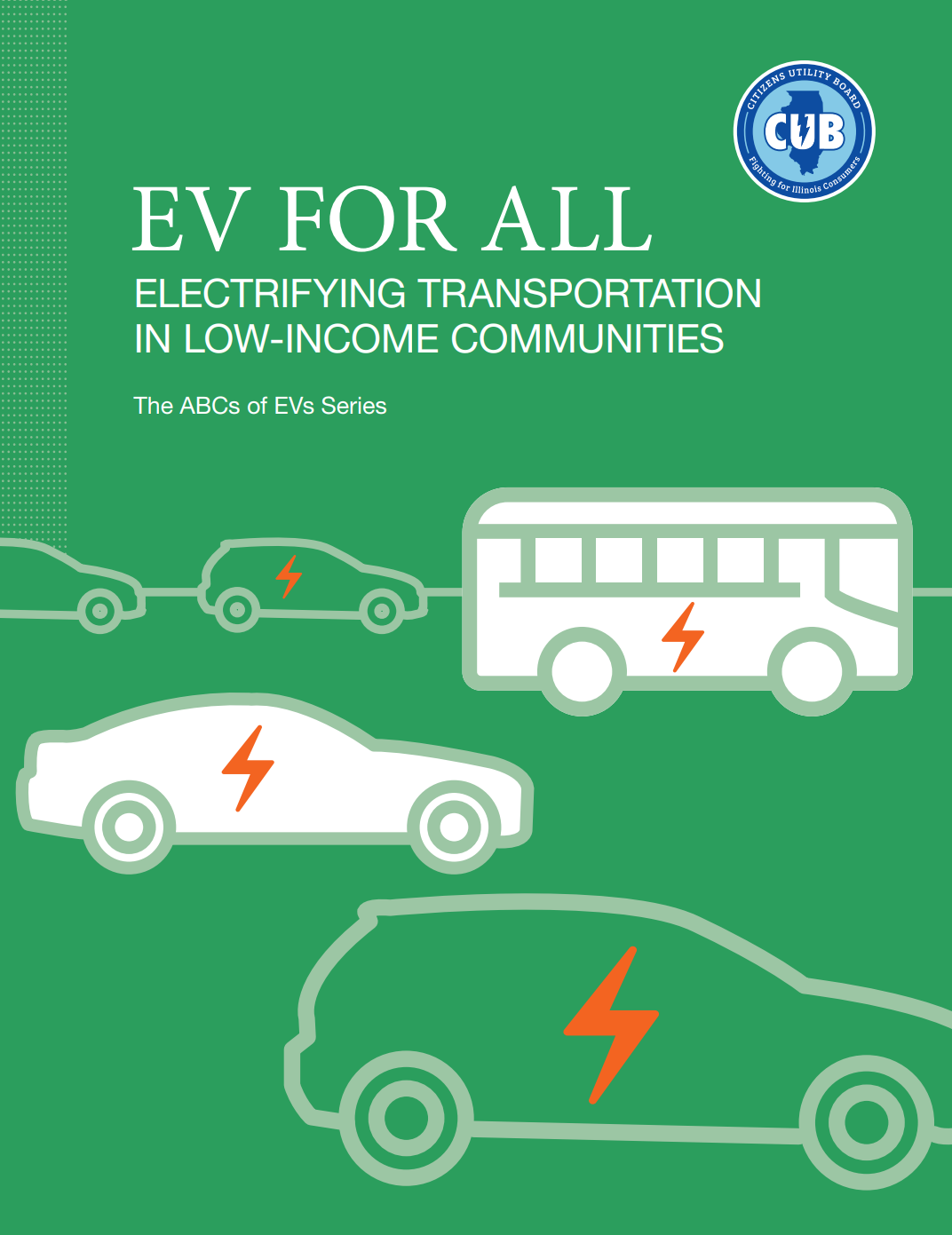When Might Lower-Income Drivers Benefit from Electric Vehicles? Quantifying the Economic Equity Implications of Electric Vehicle Adoption
Conner Smith2021-03-10T12:58:50-05:00This analysis finds that cost reductions in new electric vehicles (EVs) will lead to decreased used EV prices and cost parity with used gasoline vehicles for low-income households in the 2025-2030 time period.








